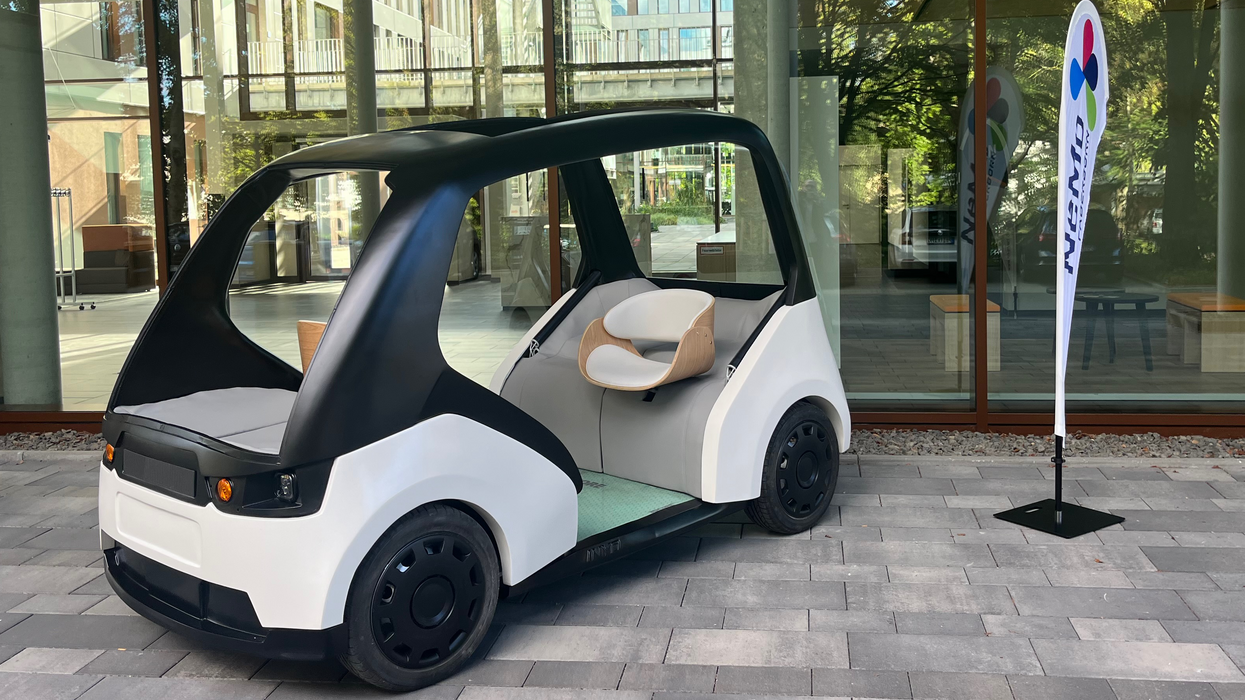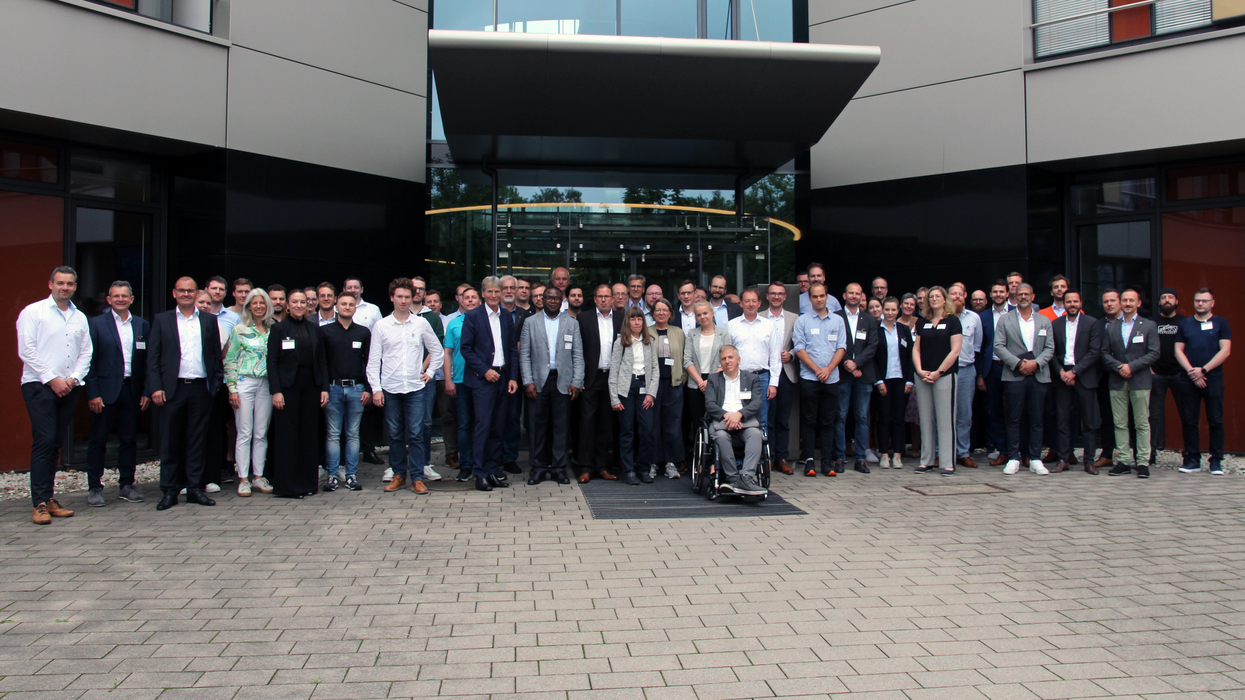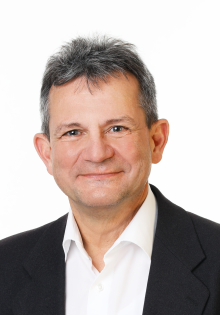The NeMo.bil (New Mobility) project consortium has reached an important milestone: The German Federal Ministry of Economics and Climate Protection is funding the NeMo.bil project to the tune of € 30 million. The aim of the project is to create an innovative, swarm-capable mobility system that will serve as a beacon for the whole of Germany and enable a new form of sustainable and demand-driven passenger and freight transport in rural areas. The funding period runs until June 2026.
Unlike conventional solutions, New Mobility takes a systemic approach. Small automated vehicles (Cab), which cover the first and last kilometres, will form a convoy on longer routes, pulled by a larger automated vehicle (Pro). The Cabs will weigh a maximum of 450 kilograms plus battery and can carry up to four people. The Pros will act as a mobile charging station, allowing the convoy to travel further and faster. By combining the two vehicles, the overall system will achieve unprecedented energy efficiency.
The aim of the NeMo.bil project is to implement an innovative approach to mobility that delivers significant improvements in terms of user acceptance, costs, resource use and emissions. Central components are compact, electrified and very light vehicles that provide demand-driven transport services. NeMo.bil vehicles will enhance the existing public transport system and increase its attractiveness. The system will enable individual public mobility that is as comfortable as using one's own car.
The project consortium consists of 20 partners from industry and academia. Start-ups, medium-sized and large companies from a wide range of sectors are working together with scientific institutions to achieve this ambitious goal. The success of the implementation is linked to two core innovations: the development of a user-centric, open control and operating platform and the adaptation of the automated vehicles to the system requirements. This can strengthen the innovative power and future viability of German industry, with a particular focus on small and medium-sized enterprises.
Sustainable transport systems in rural areas
The Paderborn University, with its 3 participating institutions, the Chairs of Power Electronics and Electric Drives and Automotive Lightweight Design as well as the Software Innovation Campus Paderborn, plays a central role in the project. Together with the consortium leader, Inyo Mobility GmbH, it is actively involved in the overall coordination of the joint project and thus ensures the overall progress of the joint project. In addition, the participating areas are researching and developing system solutions in the areas of sustainable and highly efficient vehicle structures, charging and drive technologies, as well as data-driven control and regulation algorithms for the autonomous and networked mobility system.
"We are very pleased about the extensive support from the German government, which is sending a clear signal for sustainable transport systems in rural areas. The Hochstift Paderborn is ideally suited for the pilot project, because here the nationwide problems in the field of mobility meet an innovative industry and research landscape that is eager to put the ambitious goals on the road," emphasises project initiator Prof. Dr. Thomas Tröster from the Institute for Lightweight Design with Hybrid Systems at the University of Paderborn, and Dr. Thorsten Marten, project coordinator of the NeMo.bil project from the Chair of Automotive Lightweight Design at Paderborn University.
20 partners involved
The following 20 partners form the consortium to implement the NeMo.bil project: Aspens GmbH, Avanco Composites GmbH, Brummelte und Lienen Werkzeugbau GmbH, CADFEM Germany GmbH, CP Tech GmbH, Deutsches Zentrum für Luft- und Raumfahrt e.V. (DLR), dSpace GmbH, FIWARE Foundation e.V., Holon GmbH, INYO Mobility GmbH, LIA GmbH, Neue Mobilität Paderborn e.V., PHOENIX CONTACT E-Mobility GmbH, Poppe + Potthoff GmbH, Reisewitz GmbH & Co. KG, Augsburg University of Applied Sciences, Ostwestfalen-Lippe University of Applied Sciences, University of Paderborn, Wissenschaftszentrum Berlin and Dortmund University of Technology.




